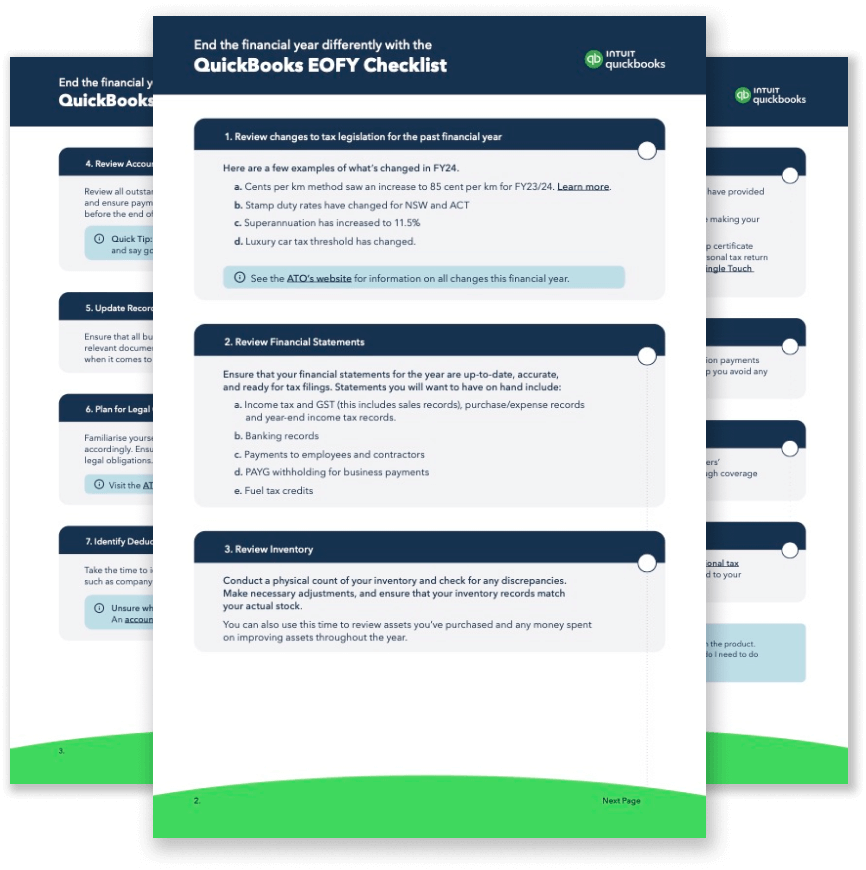What is Revenue?
Revenue (Definition)
Revenue is the total amount of money earned by a company from the sale of goods and services. The ultimate goal of any new business is to generate revenue as quickly and efficiently as possible while keeping production or service expenses as low as reasonably practicable. Calculating profit is done by deducting a company's expenses from its revenue. There are two types of revenue:
- Operating revenue is the primary operations of a business that generate the majority of its revenue. It can include the sale of good for cash or cash equivalent, rent that is paid to landlords from tenants, and professional services that derive income – providing a service to customers.
- Non-operating revenue is income that does not come from operations, such as earning interest and selling assets or equipment.
Revenue can come from several sources, including the sale of products or services, rental income, interest income, dividends, royalties, and more. It is important to note that revenue does not include capital gains from investments or the sale of assets, as those are considered to be non-operational income.
In accounting terms, revenue is recognised when it is earned, not when payment is received. This means that even if a customer has not yet paid for a product or service, the revenue is still recognised if the product or service has been delivered or performed.
In general, higher revenue is beneficial for a business as it allows for more resources to be invested in growth, research, and development. However, it is important to ensure that revenue growth is sustainable and not solely driven by short-term factors or unsustainable practices.
Revenue is a crucial aspect of a company's financial statements and is used to calculate the company's profitability and other financial metrics. Revenue is typically reported on the company's income statement, and it is the first line item on the statement. The calculation of revenue is straightforward; it is the total amount of money earned by the business during a particular time period.
Revenue can be expressed in different terms, such as gross revenue, net revenue, and revenue growth rate. Gross revenue is the total revenue earned by a company before any deductions, such as taxes, discounts, or returns. Net revenue, also known as net sales, is the revenue earned by a company after deductions for discounts, returns, allowances, and other similar items have been subtracted. Revenue growth rate refers to the percentage increase or decrease in revenue from one period to another.
Overall, revenue is a critical measure of a company's performance and financial health. Increases in revenue generally indicate growth and success, while declining revenue can signal that there are problems to address. Thus, it is important for companies to effectively manage their revenue and ensure that it is sustainable over the long term.
Revenue is also used to calculate various financial ratios and metrics that provide insight into a company's financial performance. For example, the revenue per employee metric is used to analyse a company's productivity by measuring how much revenue is generated per employee. Similarly, the gross profit margin and net profit margin metrics use revenue to measure a company's profitability.
Finally, it is important to note that revenue can fluctuate over time due to factors such as changes in the market, new competition, changing economic conditions, or shifts in consumer behaviour. Thus, monitoring and managing revenue is a critical aspect of running a successful business.









